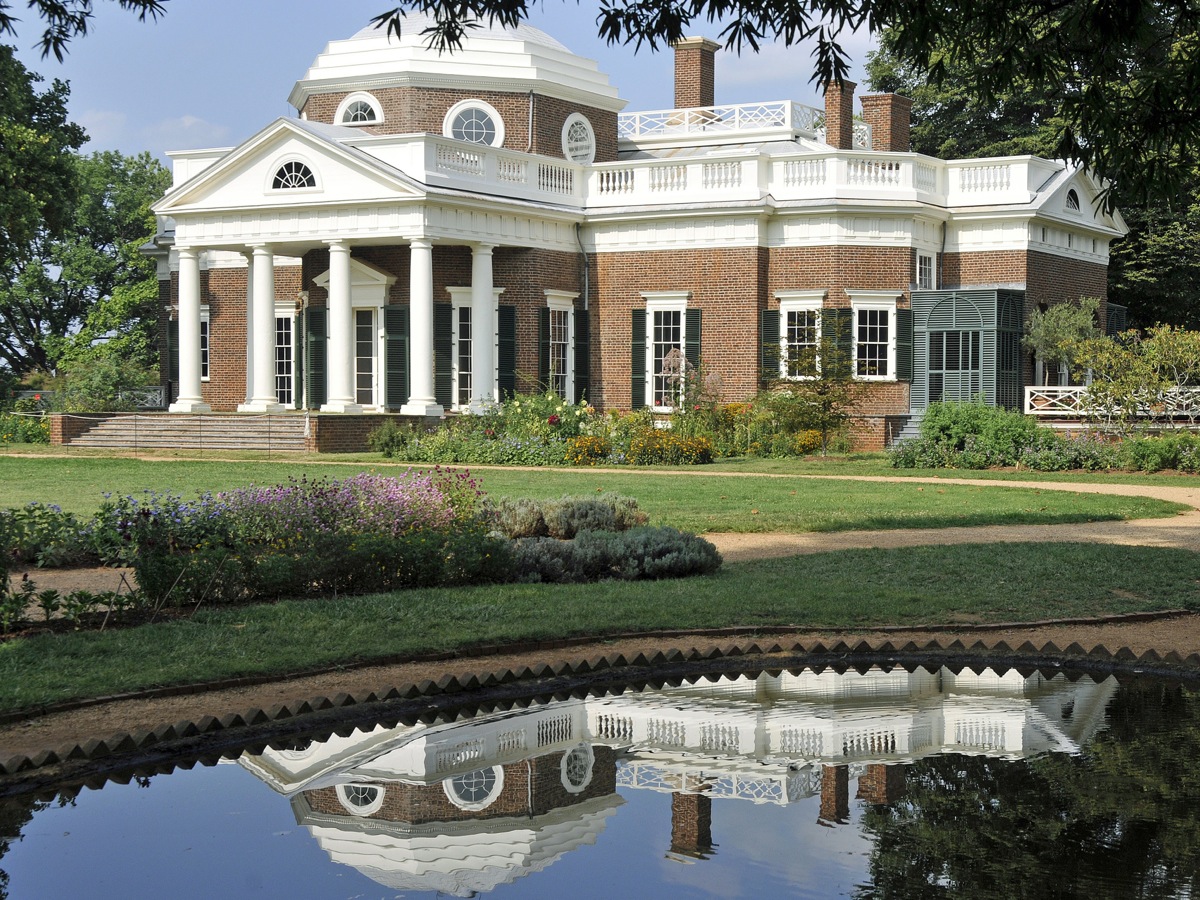Boston Is a Great Place to Learn About Jefferson’s Gardens at Monticello

Jefferson’s Monticello (Pond Reflection) by Tony Fischer, used under CC BY/ Resized from original.
“Boston is a great place to study Thomas Jefferson’s gardens at Monticello,” says Jane Amidon, associate dean for graduate programs and research, professor and director of Northeastern University’s Urban Landscape Program, and instructor for MFA’s third and final “Great American Gardens ” session on Jefferson’s love before he became a politician.
“At the Massachusetts Horticultural Society, the Coolidge Collection of Thomas Jefferson manuscripts holds Jefferson’s house, farm, and garden books as well as many drawings of the gardens and the landscape planning process.” Amidon is a scholar of modern landscapes but is interested in Monticello because it holds clues to several uniquely American attitudes toward shaping modern land—like selectively curating native woodlands instead of imposing new arrangements.
You may be surprised to learn that our third President was a garden innovator before he became a legal and political scholar. “He began his first garden book in 1766, yet wasn’t admitted to the Virginia bar until 1767,” explains Amidon. He used his vegetable, flower, and fruit gardens for experiments in botanical immigration, diversity, and adaptation. “Jefferson was an avid seed collector and under his guidance new species and varieties of plants were cultivated and dispersed between national and international gardens,” says Amidon.
You don’t have to pass below the Mason-Dixon line to learn more about Jefferson’s Monticello and his enduring horticulture legacy. Join Amidon at the final session of Great American Gardens on Tuesday, July 29, 10:30 a.m.-12 p.m. Tickets for MFA Members are $25 and tickets for non-members are $30. Purchase tickets online, call 1-800-440-6975, or stop by the ticket counter. MFA, Avenue of the Arts, 465 Huntington Ave., Boston.


